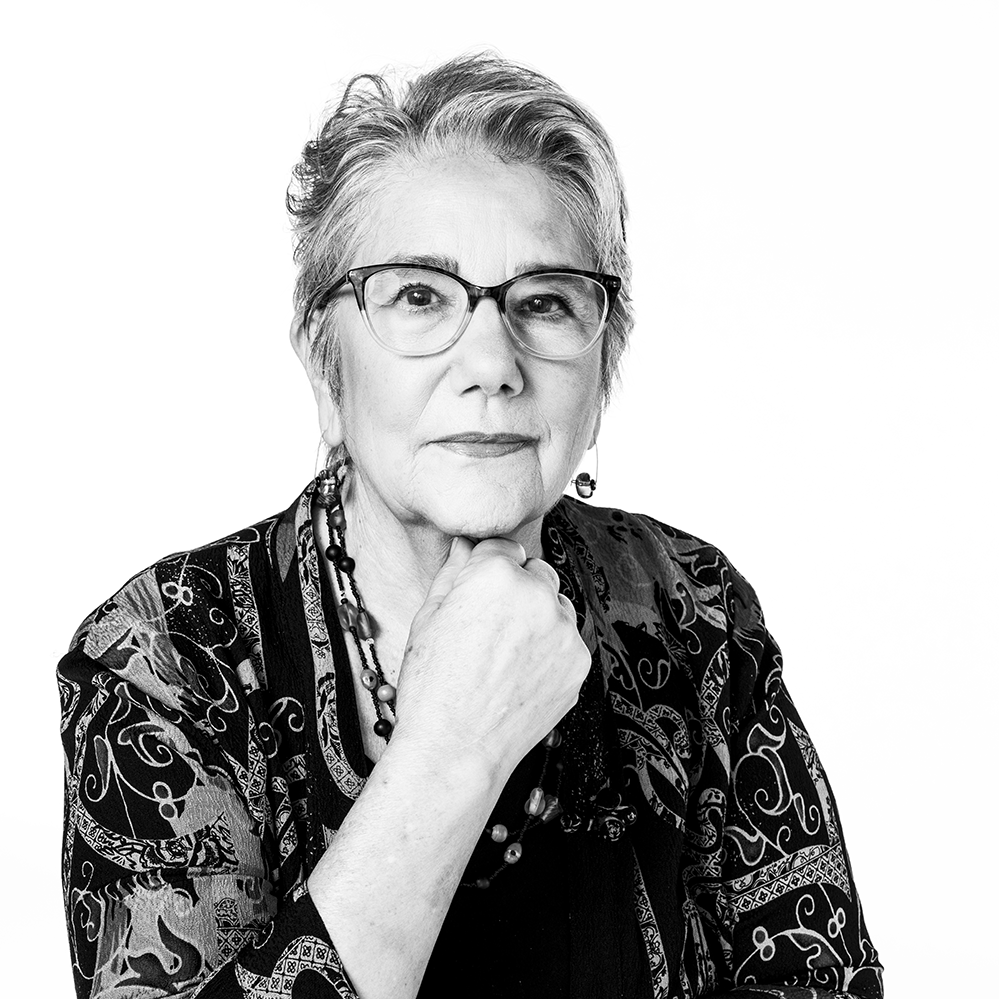Each year, the month of June marks the national celebration of LGBTQ+ Pride in the United States. This year’s Pride celebration in New York City is anticipated to be the largest ever, in commemoration of the 50th Anniversary of the Stonewall Uprising.
Despite how far the LGBTQ+ rights movement has come since the 60s — and the triumph of marriage equality in 2015 — this social change movement is far from over. So often you’ll hear stories from LGBTQ+ people recounting experiences of “hiding” themselves from others or, worse, hiding any trauma they may be carrying.
What’s unique about the Pride celebration is that it empowers millions of people to take a public stand, to be vocal, and to claim their identity. The importance of standing up for those who don’t have a voice, to proclaim the right to bodily autonomy and to healthy sexual futures are just some of the reasons why the LGBTQ+ community embraces the intactivist message — and why Intact America supports Pride.
We understand how powerful and influential a voice can be, especially when lent to a righteous and moral social change movement. This understanding is what motivated the Intact America team to launch our “Voices” series last year.
Just recently, the BBC published an account about a young, intact man who took his own life after being circumcised. Part of what makes this story so tragic is that his family and friends were unaware of his circumcision, and of his suffering.
In the weeks following the article’s publication, men started to comment publicly, sharing their own circumcision experiences.
For some, this was their first time opening-up about their struggles; many said that even their intimate partners don’t know the feelings they’re harboring.
Unfortunately, this paradox is common. So many circumcised American men … and so many others aren’t able to share their feelings about having had their genitals cut when they were children.
If you’re reading this and feel that child genital cutting has negatively impacted your personal life, or your sex life, you are not alone. Every day 3,000 baby boys have their genitals cut in the United States.
Your own experience with child genital cutting is unique to you, but these stories share a common theme. What we want our community to know is that there’s power in your story — power to encourage, power to educate, power to heal, power to influence, power to mobilize — but that power is relinquished once you refuse share it.
We cannot hope to change the way America thinks about child genital cutting — about circumcision — if we’re unwilling to talk about why a change is needed in the first place. Our allies in the LGBTQ+ community would have never claimed their rights if they hadn’t spoken out — loudly.
“Hiding” from our circumcision experience(s)…
• gives this abhorrent practice the appearance of normality/compliance.
• is unhealthy and prevents the healing of emotional trauma.
• will not help the intactivist movement to reach the tipping point.
Without your support and your voice, the intactivist movement will languish. Take pride in your identity and your beliefs. Use the power of your story, the power of your voice.
(If you or someone you know is feeling depressed or suicidal please seek emergency care, consult a licensed therapist, or call the National Suicide Prevention Lifeline at 1-800-273-8255)





